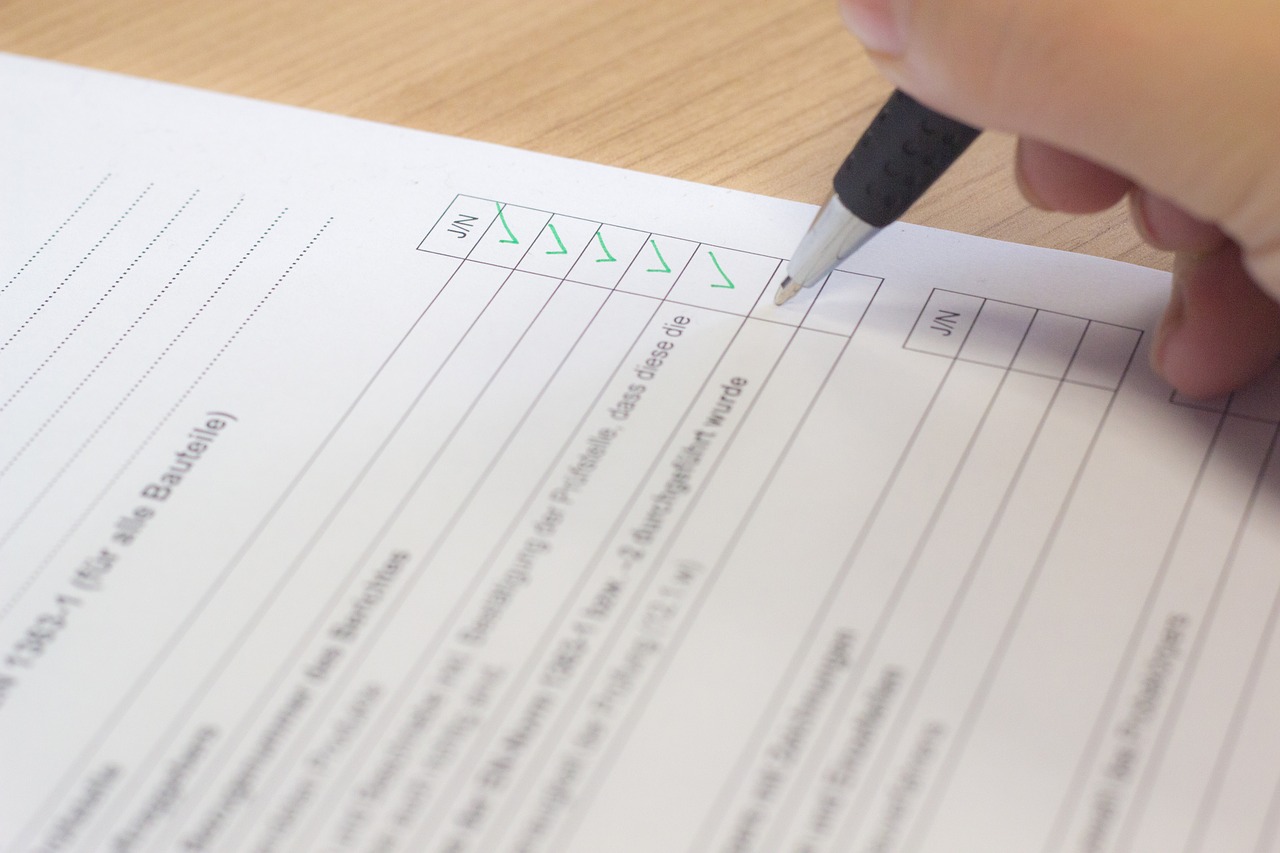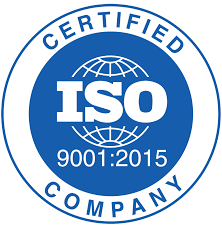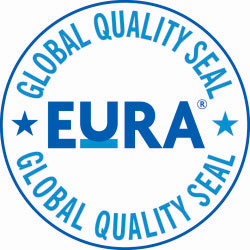Quality Seals the Deal

When working in global mobility, trying to decide which other companies to work with, and which to avoid, can be difficult. It’s not always easy to find out which other companies in the relocation space hold themselves to the same standards as you, and which ones you can trust with your client’s information. Thankfully, there are organisations which set rules that can be followed by businesses as a sign that they are devoted to producing a quality product.
Many of these standards are set up as quality management principals, intended to help organisations, products and services are consistent across sectors and therefore are not specific to the global mobility industry. Focusing on the four main areas of planning, assurance, control and improvement, these guidelines provide a framework that companies can use to improve their products and overall service. Ensuring that the processes are being followed throughout the business therefore naturally leads to a better and more consistent experience for those within the company, and their customers.
Although these standards are not written for global mobility professionals, it does not mean that they are not relevant. You will find that many of the requirements to meet these ‘generic’ standards are just as important for those in the relocation sector as anyone else. Gaining accreditation for these standards may seem like a long-winded process which isn’t worth your time, but in reality, the commitment and effort required to reach the required standard lets your competitors, colleagues and customers know that you are serious about the industry you serve, and the quality of your product. Likewise, when looking for business partners, the seal of approval will let you know that you’re both on the same page when it comes to the consistency of your work and your commitment to the global mobility industry.
ISO 9001

The ISO 9000 family of standards address the multitude of aspects of quality management and contain some of the most well-known rules created by the International Organization for Standardization (ISO). That being said, ISO 9001 is the only one of the group that a company can be certified for. Although many businesses out there follow the guidelines, many never actually undergo the auditing process and are therefore not officially endorsed, even though they monitor the requirements carefully.
This standard is all about ensuring quality management throughout a business while keeping a strong customer focus and fostering a culture of top management and constant improvement within an organisation. ISO 9001 works to guarantee that customers can access consistent, products and services of a high quality. These developments will then, in turn, reap significant rewards for the business adhering to the standard.
There are some sector-specific applications of the ISO 9001 standard, such as for medical devices, software engineering and the petrochemical industry, although none for global mobility at the moment. All in, a small business with a single location would be looking at a standard implementation and certification cost of around US$2,500+, although the real figure could be much higher for medium and large size firms.
EuRA Global Quality Seal

Based on the ISO 9001 specifications, the European Relocation Association (EuRA) have created their own seal of approval explicitly designed for those in the relocation sector. The award is, however, only available for EuRA members. The idea behind the seal is to provide straightforward and cost-effective management auditing for their members, to ensure excellence in the various facets of relocation currently covered by the organisation. The standard specifies multiple KPIs which aim to target the highest standards of relocation services.
The organisation worked with a host of EuRA members to create the specifications outlining best practice benchmarks for all aspects of the relocation lifecycle. Those who gain the seal are often seen as real leaders in relocation when compared to their peers.
The auditing process for the EuRA Global Quality seal is carried out by two partner organisations and costs €300 for EuRA to provide the seal on top of the significant auditing fees. The costs of auditing for the EuRA Global Quality Seal are provided on a sliding scale, so smaller companies will be able to take advantages of lower prices. The rules are also updated every year, although companies only have to recertify every two years, so you know that the quality standard of all organisations with this seal of approval will be working at the top of their game.
Local Awards
Although there are internationally recognised awards, don’t forget to look local in your country or city for regional seals of quality that might be available. These are generally much cheaper than the international versions but still carry a lot of weight regionally. These types of award are generally suited more destination service providers, who are embedded more locally into the community.
A good place to start looking for these types of quality seals would be the local chamber of commerce where you are. If they do not offer these types of award themselves, it is common for them know which organisations in the area offer similar honours to businesses.

Leave a Comment
* Fields marked with this asterisk are mandatory.